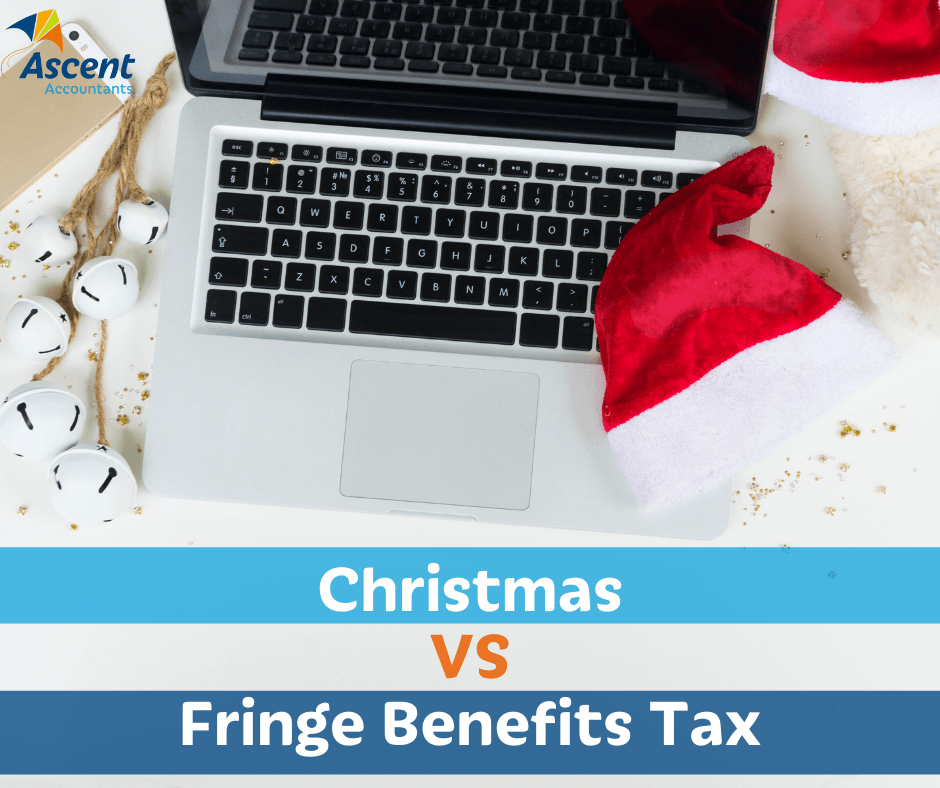Christmas VS Fringe Benefits Tax

Location, location, location
The Australian Taxation Office (ATO) will try and draw a distinction between if your Christmas party would be considered ‘entertainment’ and ‘non entertainment’. If you host your party where you work, they are more likely to consider your Christmas party as exempt from Fringe Benefits Tax. This being said, you are still not guaranteed to avoid Fringe Benefits Tax. The ATO’s guidelines on what constitutes as ‘entertainment’ includes:
- Providing entertainment by way of food, drink or recreation;
- Providing accommodation or travel in connection with such entertainment; and
- Paying or reimbursing expenses incurred in obtaining something covered by either of the above
It really comes down to a case by case basis, and the interpretation of the rules for each Christmas bash should be assessed individually. The costs, including things like food and drink that are associated with these celebrations are generally exempt from Fringe Benefits Tax if they are provided on a working day on your business’s premises and consumed only by current employees.
Beware the threshold
There is a $300 threshold when it comes to Fringe Benefits Tax. The ATO classifies anything at or below this as a ‘minor benefit’ and will therefore be exempt from Fringe Benefits Tax. As always, there are some conditions that apply to this exception.
- A minor benefit has to be infrequent and irregular
- The total amount spent per person has to be led than $300 and this goes for all similar expenses you’re claiming per employee
Make it ‘non-entertainment’
If you decide to give your staff movie tickets or hotel vouchers, thay will be considered as entertainment gifts by the ATO and therefore subject to Fringe Benefits Tax.
However, hampers, bottles of wine, store vouchers and other similar gifts are classified as non-entertainment and are generally then exempt from Fringe Benefits Tax.
There are also different rules when it comes to whether the gifts are for employees, client or suppliers. For example, there is Fringe Benefits Tax that applies to employee gifts but not when it comes to clients and suppliers.
All in all, when it comes to the threshold, your Christmas party and Fringe Benefits Tax, the main things you should consider are:
- How much are you planning on spending per head?
- Where are you going to hold the party?
- Are the guests just employees, or are partners, clients and suppliers also invited?
- Are you handing out presents? What is the value and ‘entertainment’ or ‘non-entertainment’ classification? Who is receiving them?
Tax Deductibility
When it comes to hosting a Christmas party, the cost can be tax deductable but only to the extent that it is subject to Fringe Benefits Tax. Therefore any costs that are exempt from Fringe Benefits Tax (like minor benefits) can’t be claimed as income tax deductions.
Hosting a Christmas party and giving Christmas gifts can be a lot of fun and a great way to wrap up the year. However, it is really important to keep Fringe Benefits Tax in mind when planning, as if you’re not careful, it can be a very expensive exercise.
If you need any advice or help when it comes to Fringe Benefits Tax and planning for the end of the year, please get in contact today!
Need help with your accounting?








